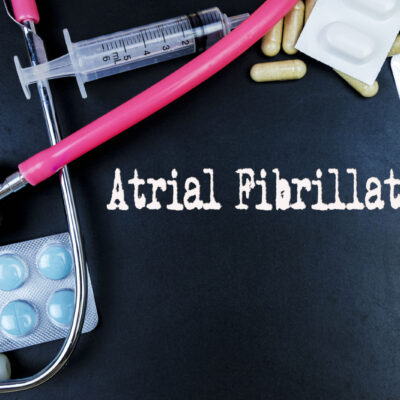
Symptoms
Symptoms of Colon Cancer
Colon cancer is a form of cancer that originates in the colon. Generally, colon cancer grows over time and starts from a polyp that is precancerous. These polyps can then progress through a series of mutations in the DNA. There is a predisposed risk for colon cancer through possible family history. There is also an accelerated risk connected to alcohol intake, diet, inflammatory bowel disease and smoking. It is important to note that there may not be any symptoms for those with this type of cancer until it reaches a more serious state. Therefore, it is very important to get appropriate screenings so it can be caught early. There are some early signs of colon cancer that need to be watched so the disease can be caught early on: 1. Diarrhea or constipation If there are changes in either the appearance, frequency or other behaviors tied to bowel movements, then this should be addressed. These differences could include things such as diarrhea or constipation, stool that is narrow in shape, feeling like the bowel won’t empty, and bowel incontinence. Any other changes also need to be noted and looked into. These may not mean colon cancer, and could possibly be the sign of something far less serious.
Read More 








